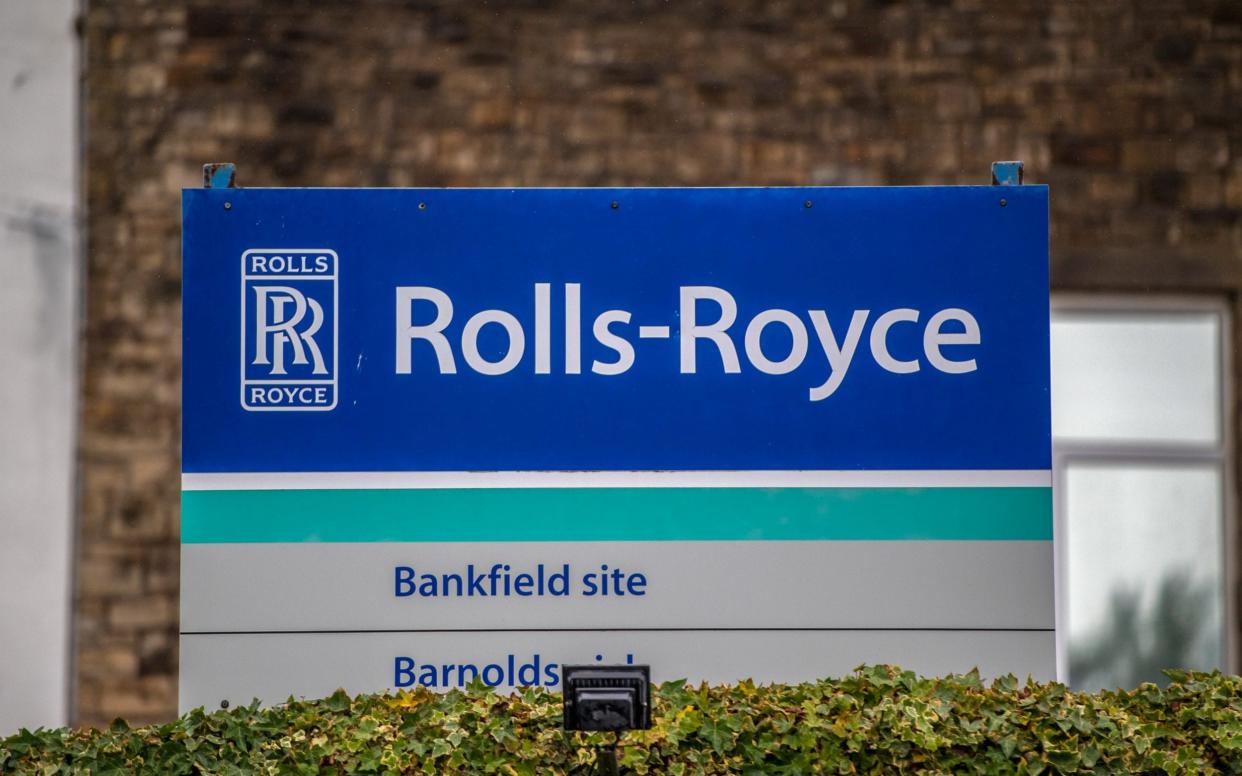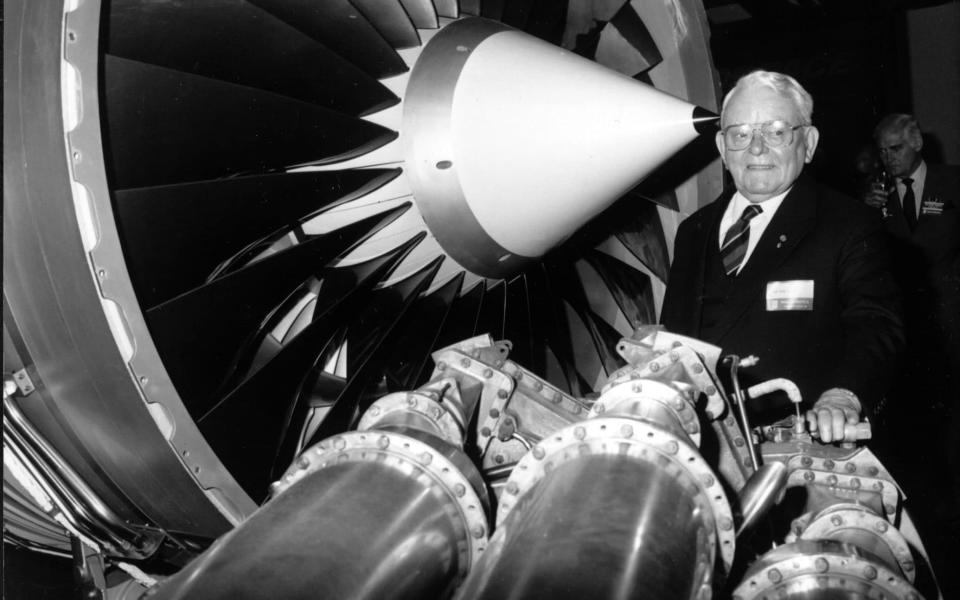Rolls-Royce faces strikes over sending work to Singapore

Rolls-Royce is facing its first major strike in decades after staff at its Lancashire factories voted to walk out over plans to send work to Singapore.
The Unite union said its members would strike for three weeks from November 6 at Rolls’s Bankfield and Ghyll Brow bases in Barnoldswick, which produce fan blades for jet engines.
The industrial action comes with 350 of the 550 positions at the plants set to be lost as work producing blades for the Rolls’s Trent 1000 engine is relocated to its Singapore turbine blade factory site over the next two years. A further 90 positions at Barnoldswick are “under review”.
Unite said moving the work abroad would make the plants unviable, adding that 94pc of its members back the walkouts.
Ross Quinn, the union’s regional officer, said attempts to work with the company to safeguard the factories had been rebuffed by Rolls.
He added: “To offshore work and destroy the viability of this historic factory which is the cradle of the jet engine would be nothing short of industrial vandalism.”

The Barnoldswick plants were set up in 1943 as “shadow factories” as key military production programmes were dispersed to avoid Luftwaffe bombing raids.
The sites built the first production versions of Sir Frank Whittle’s gas turbine and some of the company’ s engines start with the initials RB, which stand for Rolls Barnoldswick.
Rolls said it was disappointed to be informed of industrial action and that it had “no plans to close the facility”.
In the summer the company said it was cutting 15pc of its global workforce, or about 9,000 jobs, in response to the hammering caused by coronavirus.
The pandemic has slashed demand for air travel, with Rolls normally relying on income from selling and servicing airliner engines for half its £15bn revenues.
On Tuesday it will hold a general meeting about a £2bn rights issue - part of £5bn rescue package to shore up its balance sheet that includes £2bn of new corporate debt and £1bn of government-backed loans.
Shareholders are understood to have demanded efficiencies be found if they are to back the fundraising.

Consolidating production work is one example of this, with the Singapore plant a modern purpose-built site, unlike Barnoldswick.
The last time Rolls suffered major industrial action was in 1979, when engineers walked out in a series of two-day strikes.
The company stopped all production as strict adherence to working hours and refusal to do overtime made operations impossible, forcing them to lock out staff.
According to unions, workers at Rolls offshoot Ross Ceramics went on strike in 2002, and there was a union imposed overtime ban at the company in as workers fought for a 39-hour week.


